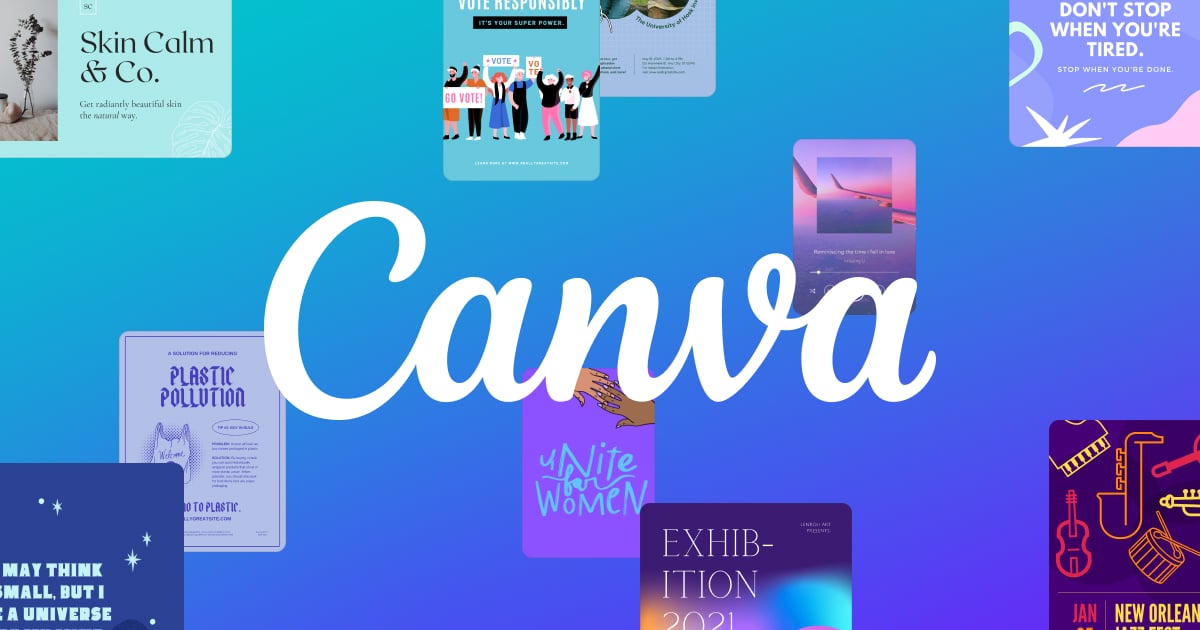I'm not talking at all about the format Inkscape uses to save its files, I'm talking about the application itself. The app is ugly as hell. When I launch Inkscape it feels like going back in time 30 years. Affinity Designer has its own limitations, but the app has picked up enough cues from Illustrator and CorelDRAW that its user interface, keyboard shortcuts and smooth performance can help an amateur/hobbyist user be productive fairly quick.
I wasn't directing that part of my response to how it looked etc. My response to how the Inkscape looks aesthetically was here:
I agree with the better looking. I despise GTK based UIs, but that would have to be handled by the Gnome folks, good luck with that. However, when Inkscape came into being, there was either GTK or Qt (a much better toolkit (Maya uses it in some places, Moho I believe does, toon boom etc, but I digress) and even today Qt is in this flux area of licensing that makes it an issue (people really should go to Copperspice, but that's another topic).
What you had quoted was my response to Affinity being easier to use compared to inkscape. Inkscape is really easy to use if one is familiar with the SVG format and the multitude of ways to edit it that aren't using the hidden options/menus. Some of which are how one can get to options (especially related to fonts) that don't have direct menus in the usual places.
A real professional would continue trying to learn new things. I have only harsh judgment for graphics people who want to use only one creative app for everything.
I agree and also always be willing to evaluate if a tool that has been useful for decades is still up to snuff for them. It still maybe, but be honest about the eval.
Yeah, I'm afraid there will be big consequences to pay for skills lost with so-called AI. So many programming/developer jobs are being eliminated since AI bots are being used more and more to generate code. Well, we still need human beings who know how to code in order to at least police the code these bots are generating. If a person can't make a good living as a coder we'll quickly run out of people who can proof-read code. Then we'll really be at the mercy of the black hats.
Unfortunately, even that has happened. Most "coders" now are people that just bolt on this library with that library and maybe write a few lines of glue code and call it a day. And since we have had this shift to "vibe coding", it's only going to get worse. Having this push for "baby sitter" languages now (I include Rust in that camp, just instead of a GC, it's the borrow checker and that just doesn't work in every situation, have to use that dreaded unsafe key word) doesn't help.
I don't like what AI could do to the graphics industry. Real hand-crafted artwork, even if it's digitally created, could be utterly devalued. Graphics workers could end up going from spending much of their time doing real creative work to merely cranking out random-ass slop via a text prompt and then filling the rest of the work day doing tasks that have nothing to do with graphics work.
It has been devalued for quite a long time as it is. Especially since it's gone digital, even though the abstraction was less for the artist (had to know which tools to use, how to use them and when to use them) people could get further with less knowledge and thus have a more supply of "professionals" that lessened the demand, but now this exists. Some of this I blame on the vendors as their goal is to move product, they don't care what their users can get for said product that they create with the vendor's product.
Here is the silver lining, we really haven't had one thing that truly killed off something else. The market shifted, those that remained had a smaller customer pool, but everything still existed. Stage, movies, tv, radio, 2D animation (even still done on
paper/cells as well), stop motion, traditional drawing/painting/sculpting all still exist. Market size is for sure different, but nothing really has killed off something else. Some of this has helped that we have more of a decentralized way of getting product. There are pros and cons to that. Biggest con is that there is less of a chance of having a shared cultural experiences (they may still happen, but say Beatlemania probably wouldn't have happened in this more decentralized way of consumption). Biggest pro is those that still like certain media that the corporations want to get out of or stories that they don't care to have told, can find an audience, not as big, but may still be able to find one nonetheless.
I wonder if there will be a shift back to more of what would be considered traditional creating (even if it's using digital tools, but still require the user to be in control of the entire process). Creating with "AI", is not really creation, not by the person entering in the prompt. If they feel like they are creating (or the people consuming that product think that the prompt writing is creating that) the end result, that's a delusion that they have. Even being a "fixer" for what they "AI" spits out is only really just fixing it, not creating it. The more corporate things become, the less creative things are. We can see that from music to movies (music for far longer as far as I'm concerned with being bad).

 www.affinity.studio
www.affinity.studio
